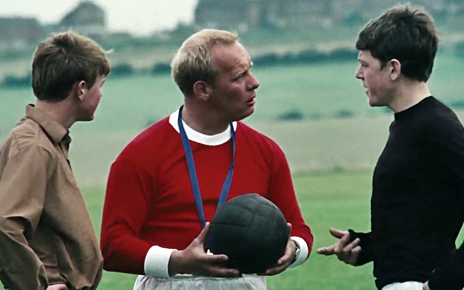"Is privatisation of the NHS inevitable and what would be its impact?"
To me privatisation means NHS services that do not meet the need of everyone, are not free at the point of delivery and are not based on clinical need, rather on the ability to pay. This is how public eyecare in England has been delivered since Conservative government privatisation in 1989.
So, for us it has already happened the question becomes, what has been the impact?
In blunt terms more people are suffering preventable sight loss and/or struggling daily with poor vision due to the lack of appropriate visual correction.
The privatised model puts people off getting eye tests, even those who won’t necessarily have to pay. For example, only 23% of eligible (for NHS funded tests) 0-15 year olds have eye tests and only 60% of over 60s. The over 60s figure was much lower after the 1989 changes when they did have to pay for tests, prompting the Labour government in 1999 to make them free again.
As a practitioner this means I come across people who’ve avoided eye tests and the health screening they include for years by buying “pound shop readers”. The unlucky ones have irreversible damage to their eyes due to glaucoma, the lucky ones just need some “proper” specs. I also see children who will suffer lifelong impacts, such as not being able to drive, as they did not get the correction they needed in the critical visual development period up to the age of around 7.
So, the privatised model does not deliver for England’s public health (it’s a bit different in Scotland and Wales) and reinforces health inequalities – people in more deprived areas are more deterred by cost and there is a lack of opticians in poorer areas.
The fees that opticians are paid for NHS services have massively reduced in real terms since 1989 too – this could count as a saving to the tax payer. However, this means the equipment and professional costs of carrying out eye tests must be cross-subsidised by spectacle sales.
This means pressure to make sales, up-sell and the temptation for unscrupulous practitioners to test too many people too quickly – all things that contribute to people not accessing eye tests. The alternative is to avoid all NHS work.


